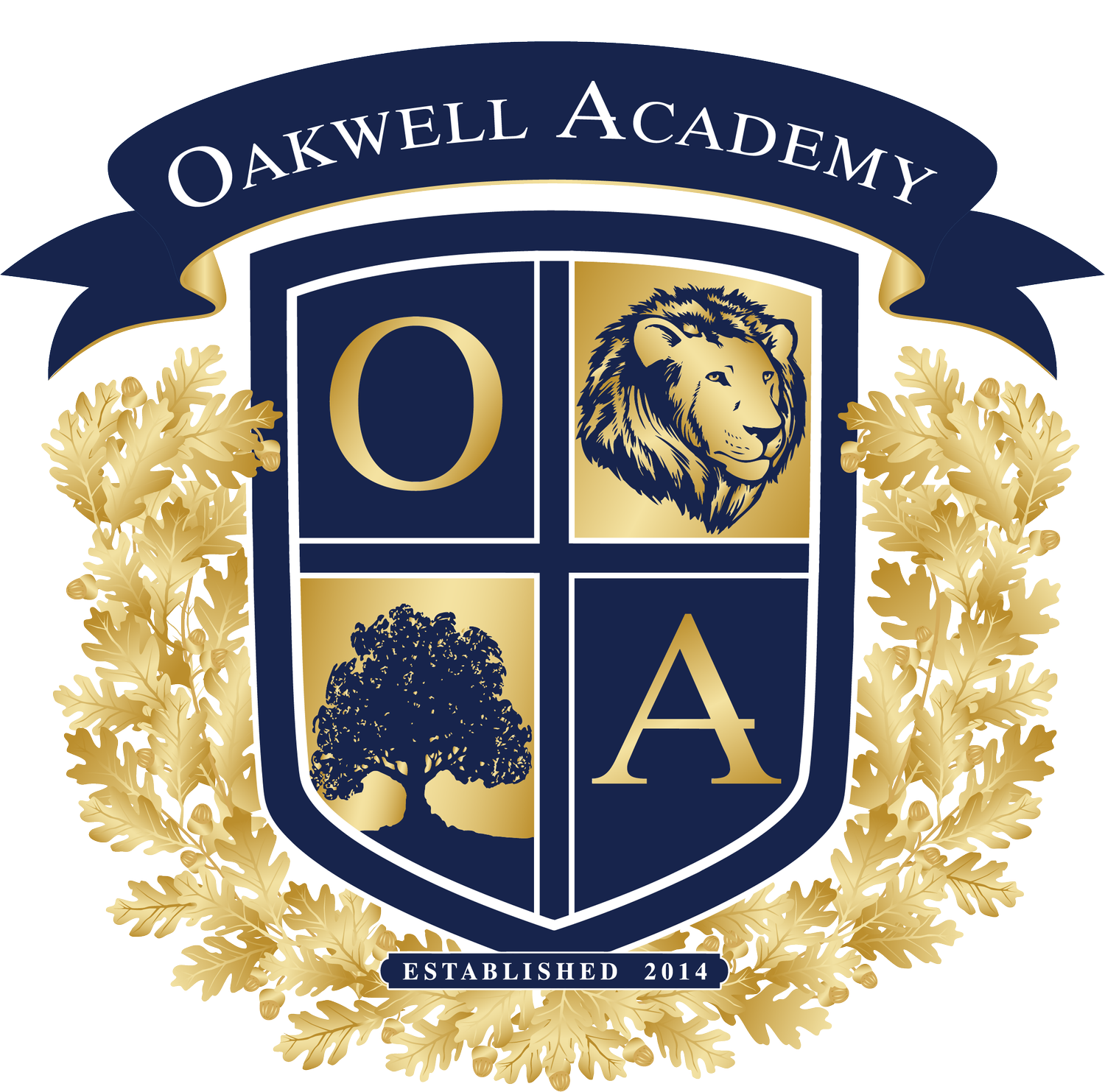
School of Rhetoric
Our School of Rhetoric includes 9th graders and will grow through 12th grade.
With the foundation of knowledge laid and the ability to organize that knowledge into meaningful arguments, students in the School of Rhetoric are now prepared to express their thoughts effectively. In this stage, students are encouraged to pursue their passions amongst the subjects they’ve studied, challenge themselves, and lead the school in service and character. When our students complete the School of Rhetoric, they leave as life-long learners with the tools they need to succeed wherever they may go. In 9th-12th grade, students are on campus 3 days per week (Mon/Wed/Thur) from 8:00am - 3:30pm and complete the assignments given by their teachers at home on Tuesdays and Fridays.
Curriculum
English Language Arts
The rhetoric years are the culminating point of the students’ grammar studies in which they apply everything they have learned from past stages at the most advanced levels. Building upon the skills learned in years past, students put these skills into practice daily on more complex texts and utilize them in their own writing.
For Literature, rhetoric students go beyond mere identification of plot structure by engaging great texts through the deeper examination of themes, morals, conflicts, and their resonance with the human experience today. There is a heavy emphasis on learning through socratic discussion, in which students dialogue, not on the teacher’s questions, but rather engage and lead their peers with self-formulated questions.
In Writing, rhetoric students use the Classical Canons of Invention, Arrangement, and Elocution to gather information for both sides of an issue, order their thoughts in a clear and logical structure, and express their arguments persuasively and eloquently. The nature of this discipline is cumulative, such that with every new essay produced, the students build upon the skills they learned in essays past, while adding a new element in each essay cycle. Learning to ask thoughtful questions, engage with both sides of an argument, and express their thoughts in a persuasive manner are not only writing skills they are developing, but life skills that will serve them for years to come.
Mathematics
Students begin the School of Rhetoric in foundational courses for all higher level mathematics, such as Algebra I, Algebra II, and Geometry. They then are prepared to advance to math courses with a greater emphasis on the processes, perseverance, and strategies required to solve problems, such as Pre-Cal, Calculus, etc.
History
Rhetoric students begin learning about ancient history (creation through the Romans) and connecting geography concepts through studying historical maps and how geography influences people and events. They read original sources as well as fictional works (and some adaptations) from this time period such as The Epic of Gilgamesh, The Art of War, The Code of Hammurabi and more. Biblical themes and scripture are also studied in conjunction with world events and history as we relate God's love for all nations and how He works in and through the people of Israel.
Next students move on to study the Middle Ages, Renaissance, and Reformation through early modern times, connecting geography concepts through studying historical maps and how geography influences people and events. They continue reading original source documents and literature of the time period.
Rhetoric students then transition to a study of American History, which includes a collection of original-source documents from speeches and essays to hymns, poems, and short stories from American History. Students also engage geography concepts and study historical maps and how geography influences people and events.
Finally, students in the school of rhetoric study Government including local, state, and federal government. Students study the U.S. Constitution and contemporary issues. They will also explore economics on a national and global level, examining economic systems and philosophies.
Science
Science is a wonderful and beautiful way to learn more about our Creator through His creation. Students begin with a solid foundation in the basics of Physics, which helps them better understand all that follows. Exploration of physics topics are conducted through reading, experimentation, and engineering challenges. Students are instructed in presentation of their findings in formal lab reports. In Biology, students again recognize God as the Creator and intimate Sustainer of all life and learn to wonder at His hand in creation. Rhetoric students continue to hone and refine their ability to present findings in formal lab reports. In Chemistry, abstract concepts become concrete through an increased focus on hands-on learning through laboratory exercises. Quality scientific writing in the form of formal lab reports is emphasized. A final year of advanced science rounds out the sequence and ensures college preparedness.
Spanish
Rhetoric students transition from learning Latin to Spanish through applying principles learned in Latin such as verb tense and conjugation as well as many derivatives from Latin. Communication through reading, written and spoken practice and presentations, students work towards mastery in communication over 2 to 3 years.
Logic
Students in the rhetoric stage learn formal logic through understanding relationships between statements, syllogisms, and informal fallacies. They also learn how to identify proofs of validity, truth trees, and how to analyze their structure into authentic writing.
